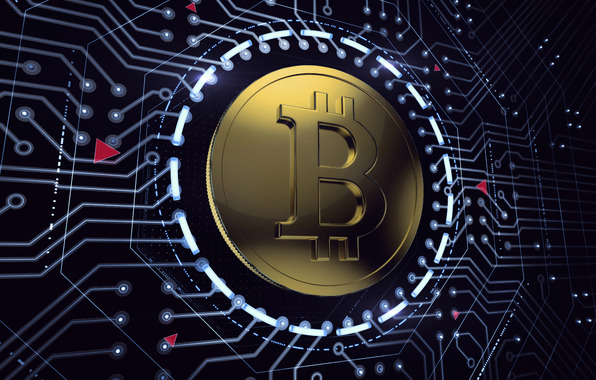
Online users, inspired by the idea of Bitcoin being the independent from Central Banks currency, lost their previous enthusiasm. It became clear that one needs a compromise between anarchism and regulation. In other words, what goes around, comes around: the absence of the central regulator and game rules led to increased risks and quick cryptoanarchic ideas refusing. There are two ways: play without rules and risk or establish rules and get fiat money, which one wants to escape.
A few years after establishing Bitcoins, it turned out that this currency can’t be called trustless money: digital money requires trust even more than national currency does. Yet, all crypto enthusiasts ever wanted was to throw out the financial sector, bankrupted thousands of people in 2008.
The Bitcoin ecosystem appeared to be dependent on pitfalls/Masons/world government, though, in other form. No one is able to prevent key figures, such as wallet providers, mining pools, exchanges and payment operators, from arranging and adopting an unexpected decision for users. And none court can force them to follow rules, because there are no rules.
Eternal dead end

Online users, inspired by the idea of Bitcoin being the independent from Central Banks currency, lost their previous enthusiasm. It became clear that one needs a compromise between anarchism and regulation. In other words, what goes around, comes around: the absence of the central regulator and game rules led to increased risks and quick cryptoanarchic ideas refusing. There are two ways: play without rules and risk or establish rules and get fiat money, which one wants to escape.
A few years after establishing Bitcoins, it turned out that this currency can’t be called trustless money: digital money requires trust even more than national currency does. Yet, all crypto enthusiasts ever wanted was to throw out the financial sector, bankrupted thousands of people in 2008.
The Bitcoin ecosystem appeared to be dependent on pitfalls/Masons/world government, though, in other form. No one is able to prevent key figures, such as wallet providers, mining pools, exchanges and payment operators, from arranging and adopting an unexpected decision for users. And none court can force them to follow rules, because there are no rules.
Eternal dead end

While Bitcoin got hung up in the legal status and causes concern among users, frightened by exchange rate jumping, the Blockchain moved forward. The Blockchain is the Bitcoin’s core, but it is absolutely different matter if considering beyond cryptocurrency context.
Blockchain is a kind of the account book, which can be reviewed by everyone, but controlled by no one. Similar to currency transaction at the blockchain platform being conducted without Central bank, blockchain data transfer is conducted without third parties.
According to the old scheme: A → B → C, where B is a third party.
According to the blockchain: А → С, without third party.
What does blockchain provide?
- public data base: property registers (have being already conducted by Honduras and Greece);
- property register books, without civil-law notaries and public registrations;
- real estate transactions without realtors;
- any deals, requiring fixing of conditions and money transfer.
Thee private economy sector started developing its own blockchains that can be differ from Bitcoin system data chain. Generally, it includes financial sector enterprises, aiming to decrease transaction costs.

However, blockchain distribution can be prevented by bureaucrats and confidence business representatives (civil-law notaries, realtors, government bodies), who risk losing their jobs and reveal information about incomings and expenditures. And even some governments say about loyalty to blockchain technologies, indeed, Ministry representatives are likely to fight against such technologies. Investors and blockchain enthusiasts should realize this very aspect.
Conclusion:
- Bitcoin requires as much trust as national currencies do;
- cryptocurrency users have to find a compromise between anarchy and regulation;
- governments are cautious about approving Bitcoin and blockchain, and consider systems as a threaten for their own legitimacy. But, most probably, they won’t express prohibitions;
- blockchain is a prospective industry for developments and investments.
Learn more about cryptocurrencies and blockchain technologies legislative regulation at the Blockchain & Bitcoin Conference Prague, the event for IT and business sector working with blockchain services and Bitcoin. Details >>>



